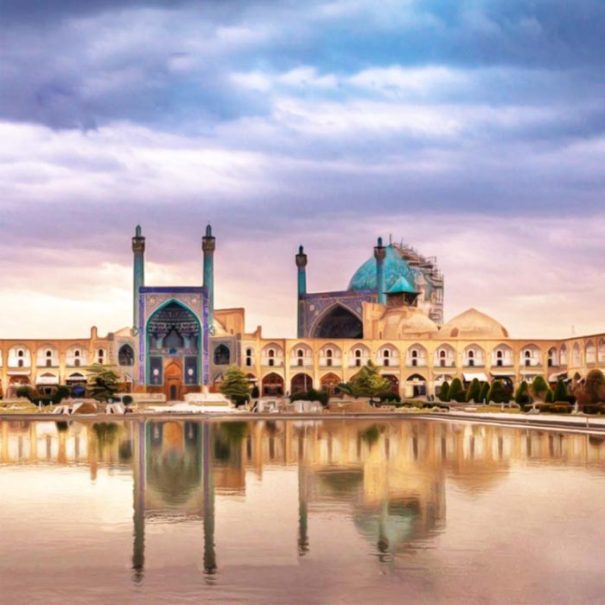In Persian, which is spoken in Iran, Afghanistan, Tajikistan, some cities in Uzbekistan, etc., there are lots of idioms and expressions that do not make any sense if you translate them word by word to English. Some of them are utilized during Taarofing, the Persian etiquette, and the others come from cultural metaphors.
Also, If you are traveling in Iran or Planning a trip to Iran, it is better to have an idea about Persian slang words. Here, some common Persian slang words translated word by word to English are listed:
Khaste nabashid = Don’t be tired
It is a greeting and a way to recognize and appreciate a person’s hard work. Also, students misuse this phrase at the end of their class in an ironic way to show their teacher to stop teaching. You can also use as a appreciation to a tourguide, driver, or hotel reception.
Khak bar saram = dust on my head.
By using this phrase, you’re basically admitting that what you’ve done is extremely horrible, to the extent that you deserve to bury your head in filth rather than throw dirt on it. This phrase can also be used offensively, changing it to “Khak Bar Saret,” meaning “dust on YOUR head.”
Ghorboonet beram = I will die/destroy myself for you.
You use this phrase when you like someone so much that you can sacrifice your life for them. I know it is dramatic but also sweet. However, believe me, it is just Taarof.
Dooret begardam = I orbit around you.
It refers to the scientific fact that the earth rotates around the sun, and it means you are my sun of life, and it is simply a routine Taarof.
Dastet Dard Nakoneh = May your hand not hurt.
“May your hand not hurt” is a common way to say “thank you in Farsi” when someone has done something for you. It expresses appreciation for an action, help, or favor.
Jigaret o bokhoram = I eat your liver. Jigare mani = you are my liver.
Both idioms are used when you like someone so much and indicate intense love. This expression is so informal and should not be used for strangers. However, these days, men use this slang a lot while flirting with young girls.
Start Learning Persian Online by One Click!
Zameen khordam = I ate the floor.
When you fall down, you already ate the floor, Ha??? Have no sense?? That is exactly what the title of this post says.
Mokham ro khordi = you ate my brain. It indicates that you are too talkative and you insist on something, which results in damaging my brain.
Pedar sag = dog father. Han?? This is simply an insult that is used when expressing anger, irritation, or disapproval.
Jaye shomâ khâli = your place was empty. It’s one of the most used Persian slang in the Persian(Farsi) language. It simply means you were missed here. You can use it for some one who is not with you while eating a delicious food in a restaurant or enjoying a beautiful landscape in a tourist attraction.
Cheshmeton ghashang mibine = your eyes see beautifully. It is a poetic way to say thank you. Iranian girls are beautiful and you will hear this term when you tell them in person that you are beautiful!

Delam barat tang shode =my heart has become tight for you. It simply means I miss you; you can even add the size of tightness, like the hole of an ant’s socks.
After finishing your tours in Iran, your heart will become tight for Iran 🙂
Ghabel nadare = It is not valuable for you. It means be my guest. You will hear this idiom a lot when you are in the middle of shopping and want to bargain; it is the keyword of Taarof.
Hava do nafars = the weather is for two people. When the weather is rainy and slightly cold, it is the best time to hug your loved one tightly and walk in the park together.

Damet garm =may your breath be warm It is another way to say thank you and wish a long life for a person who did a favor for you. It is used a lot while you are traveling in Iran, because Iranians are one of the most friendly, helpful and hospitable people in the world!
Che daste goli be ab dadi? What flower bouquet did you give to the water? It means ”what did you do wrong? / What did you mess up?”
On our daily walking tours in Tehran, Isfahan, Shiraz, Yazd & Bam, we will discuss about many useful things for the rest of your trip to Iran. Also, we will tell you more about Persian slang that is used in Iran. You can book your spot easily through the website, email, or WhatsApp.






